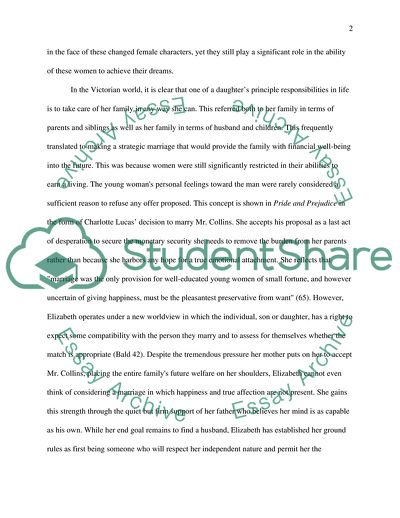Cite this document
(Family for Jane Eyre and Elizabeth Bennett Book Report/Review - 1, n.d.)
Family for Jane Eyre and Elizabeth Bennett Book Report/Review - 1. Retrieved from https://studentshare.org/literature/1752856-analyze-the-nature-and-function-of-family-in-the-following-two-works-jane-eyre-and-pride-and-prejudice
Family for Jane Eyre and Elizabeth Bennett Book Report/Review - 1. Retrieved from https://studentshare.org/literature/1752856-analyze-the-nature-and-function-of-family-in-the-following-two-works-jane-eyre-and-pride-and-prejudice
(Family for Jane Eyre and Elizabeth Bennett Book Report/Review - 1)
Family for Jane Eyre and Elizabeth Bennett Book Report/Review - 1. https://studentshare.org/literature/1752856-analyze-the-nature-and-function-of-family-in-the-following-two-works-jane-eyre-and-pride-and-prejudice.
Family for Jane Eyre and Elizabeth Bennett Book Report/Review - 1. https://studentshare.org/literature/1752856-analyze-the-nature-and-function-of-family-in-the-following-two-works-jane-eyre-and-pride-and-prejudice.
“Family for Jane Eyre and Elizabeth Bennett Book Report/Review - 1”. https://studentshare.org/literature/1752856-analyze-the-nature-and-function-of-family-in-the-following-two-works-jane-eyre-and-pride-and-prejudice.


